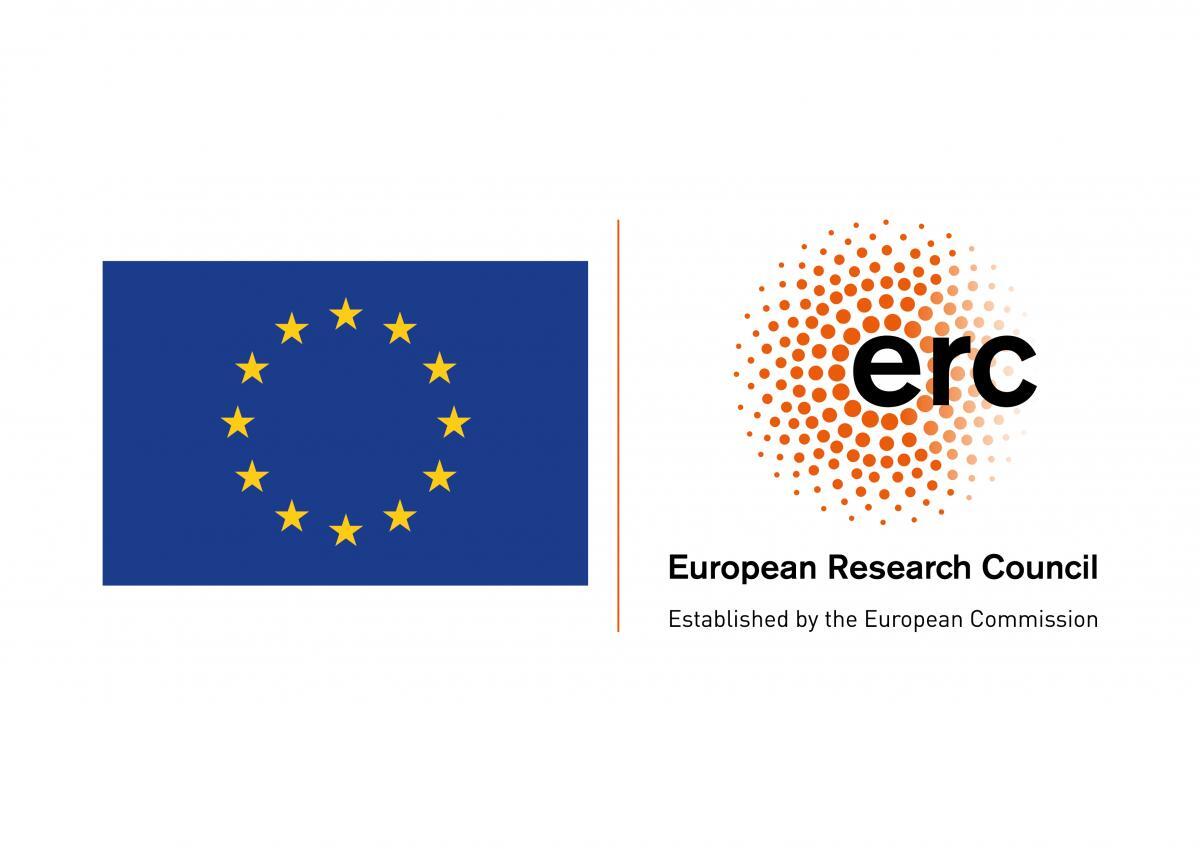About PREPARE
Main content
Producer:
PREPARE
Copyright:
PREPARE, University of Bergen
A threatened democracy
In the last decade, societies across the world have been challenged by fragmenting public debate, fuelled by algorithmically steered social media and new threats of propaganda and misinformation. The dual tendencies of political apathy and polarization pose grave problems for a well-functioning democracy. As the social sciences appear unable to respond to the challenges of a seemingly ignorant and passive citizenry, PREPARE proposes a radically new approach to understand citizens’ role in democracy.
PREPARE will change the focus from each citizen’s “informedness” to develop and test a ground-breaking theory of distributed preparedness, building a cohesive theory for a fragmented field. The project will develop a feasible, normative theory of citizens’ orientations to the sphere of politics in datafied societies: their networks for public connection. PREPARE’s research questions concern 1) how people stay prepared to engage with public issues, and 2) what resources they need to move from stand-by to engage. PREPARE will substantiate the new theory through thickening of big data, with qualitative ethnographies integrated with digital methods, of groups of so-called disconnected citizens.
Our ongoing studies
The project has three ongoing empirical studies and a fourth on the way. Each of these are designed and led by a researcher in the team.
- Citizens of Here and There: Migrants' Mediated connections to Public(s). Researcher: Ozlem Demirkol-Tønnesen
- Belonging Somewhere: The Experience of Place, Politics and Public Connection on the Outskirts. Researcher: Solveig Høegh-Krohn
- Voices of the Workforce: Media Matters and Democratic Preparedness in the Lives of Women and Young Parents. Researcher: Katharina Wuropulos
- Coming in 2025
Are you or someone you know participating in the PREPARE project?
What does it mean to participate
All people participating as subjects in the project will be informed in detail of the project's purposes, data collection, routines for data processing and security, etc. They will be asked for consent after they have received all relevant information. They have the right to withdraw from the study at any time. Personal information is treated confidentially, and pseudonymized to protect subjects' identities.
What kind of information will we collect
All subjects will be interviewed, and asked about public issues they are interested in, media habits, resources, and similar. Some subjects will write media diaries, some will be observed in their everyday life, and some will provide digital tracking data showing their use of news media or social media.
The data collection will be guided by the data minimization principle; we will only collect data which is relevant to the project, and no more than neccessary.
Data about third parties
Sometimes, subjects will mention other people during data collection. Digital trace data from social media could also contain information about third parties.
The PREPARE project is dedicated to protecting the privacy of third parties. We will not collect data about third parties unless it is relevant to the project, and the data will be treated confidentiality. Third parties are given pseudonyms, and they are never quoted in academic papers or otherwise highlighted in the project's results. Data about third parties is only used to contextualize findings.
